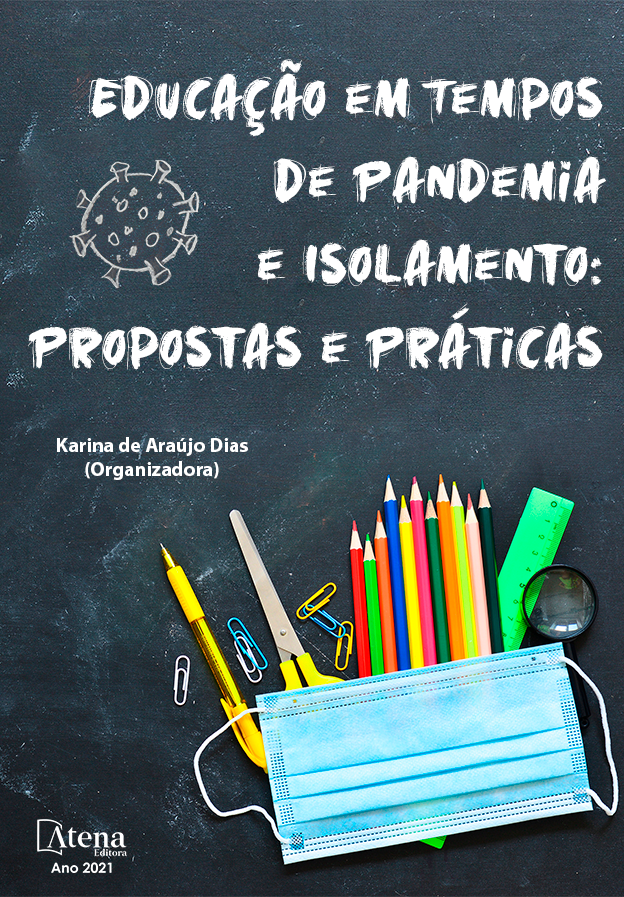
(RE)PENSAR A PRÁTICA DE ENSINO SUPERVISIONADA EM TEMPOS DE PANDEMIA
O presente texto pretende partilhar a experiência de reestruturação da Unidade Curricular de Prática de Ensino Supervisionada, do Mestrado em Educação Pré-Escolar e Ensino do 1.º Ciclo do Ensino Básico, de uma escola de formação de professores do norte de Portugal.
Esta Unidade Curricular está organizada em duas componentes: Intervenção em contexto educativo e Relatório Final com componente investigativa no último semestre do curso.
O encerramento das escolas devido à pandemia provocada pelo SARS-CoV-2 trouxe um conjunto de desafios às professoras e alunas de Prática de Ensino Supervisionada que exigiu a adaptação do modelo em vigor.
Esta situação evidenciou a necessidade das estudantes (i) iniciarem o trabalho investigativo numa fase mais precoce e (ii) desenvolverem competências digitais que permitam adaptar-se a novas situações de ensino/aprendizagem. Neste sentido, as alunas foram desafiadas a planificar aulas com componente síncrona e assíncrona e a produzir recursos educativos digitais com o objetivo de desenvolver a sua prática de forma não presencial.
Considera-se, portanto, que a situação epidemiológica constituiu uma oportunidade de reflexão colaborativa e de mudança de práticas.
(RE)PENSAR A PRÁTICA DE ENSINO SUPERVISIONADA EM TEMPOS DE PANDEMIA
-
DOI: 10.22533/at.ed.1612108016
-
Palavras-chave: Formação de professores e educadores, Recursos educativos digitais, Prática de Ensino Supervisionada
-
Keywords: Teacher Training, Digital educational resources, Supervised Teaching Practice
-
Abstract:
This text intends to share the restructuring experience of the Supervised Teaching Practice Curricular Unit, in the Master in Pre-School and Primary Teaching Education, of a teacher training school in the North of Portugal.
This Course Unit is organized into two components: Intervention in an educational context and Final Report with an investigative component in the last semester of the course.
The closure of schools due to the pandemic caused by SARS-CoV-2 brought a set of challenges to teachers and students of Supervised Teaching Practice that required the adaptation of the current model.
This situation highlighted the need for students (i) to start investigative work at an earlier stage and (ii) to develop digital skills that allow them to adapt to new teaching/learning situations. The students were challenged to plan classes with a synchronous and asynchronous component and to produce digital educational resources with the objective of developing their practice in a non-presential way.
In this sense, it is considered that the epidemiological situation constituted an opportunity for collaborative reflection and change of practices.
-
Número de páginas: 15
- Ana Margarida Alves Ferreira
- Ana Raquel Rodrigues da Costa Aguiar
- Joana Maria Guimarães de Oliveira
- Maria de Fátima Pereira de Sousa Lima Fernandes


